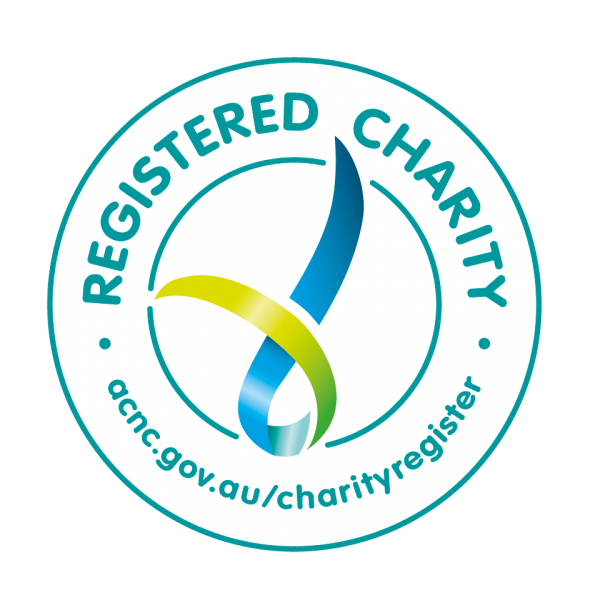Why do we say Australian Consumers Pay Twice for Seafood Sustainability in Australia?
Australian consumers often pay a hidden, double cost for assurances that their seafood is sustainable. This redundancy exists because the government’s legal mandate and supermarkets/larger businesses commercial needs require two distinct forms of audit.
1. The First Cost: Government Compliance (The EPBC Act)
The primary assessment, which the Australian taxpayer and fishing industry fund, is mandated by the Environment Protection and Biodiversity Conservation Act 1999 (EPBC Act).
- What it is: The EPBC Act is the Australian Government's central environmental law.2 It requires that all export fisheries undergo rigorous assessment to ensure the fishery is managed in an ecologically sustainable way.
- Purpose: This process is primarily a legal and regulatory requirement to protect biodiversity, threatened species, and matters of national environmental significance (NES). It is conducted by the Federal Department of Climate Change, Energy, the Environment and Water (DCCEEW).
- The Cost to Consumers: This process is primarily funded by government resources (taxpayer money) and fees levied on the fishing industry (which are passed down to consumers through price). This establishes the baseline legal sustainability for Australian seafood.
2. The Second Cost: International Certification (The MSC, etc.)
The second cost is incurred when fisheries pursue a third-party, international certification, most notably the Marine Stewardship Council (MSC) blue fish tick.
- What it is: The MSC is an independent, international, non-profit organization with its own standard for sustainable fishing. Achieving this certification requires the fishery to pay significant initial assessment fees and ongoing annual audit costs. For example, when the WA Rock Lobster Fishery was assessed, it was reported that they paid a minimum of $5 million and then every 5 years since have paid similar figures. It is worthy of a public enquiry in SCA’s view.
- Purpose: This process is driven by clever marketing, not legal mandate. The certification provides access to:
Major Global Retailers and Hotel chains: Many major supermarket and hotel chains in Australia have not understood the EPBC Act and the audits that it arranges and have fallen for the marketing of these international certification schemes suggesting they need them to meet requirements – they do not! Because many of Australian fisheries are small they cannot afford these fees and ongoing audit costs and yet are sustainable. They are not being offered the opportunity of selling their products to these larger organisations.
The Cost to Consumers: These certification and annual audit costs are directly built into the product price, representing the "second payment" for sustainability assurance.
Why Are We Allowing This Duplication to Happen?
This duplication persists because the two systems serve different—but currently non-interchangeable—purposes and, to be honest, no one has explained them very well:
- Scope and Purpose: The EPBC Act ensures sustainability to meet Australian legal and environmental standards. The MSC label ensures sustainability to meet global commercial demands. While both aim for sustainability, the MSC label provides the larger buyers with some brand recognition that the government's legal compliance process does not. But ask yourself do you need that?
- Market Access: For Australian fisheries that export high-value seafood (like Rock Lobster or Abalone), the MSC certification has been touted as a ‘ticket to play the game’ e.g. to compete in international markets that demand third-party ecolabels. It has become a large buyer ‘get out of jail free card’ as it is something they can use in marketing, but it has nothing to real market access as we learned when Trump toyed with every country’s tariffs. International certification had absolutely no impact on market access – sustainability is not locked into market access where tariffs are concerned.
- Greenwashing Concerns: See our Media Release - SAC Backs ACCC Greenwash Guidelines: Calling for Honest, Transparent Sustainability Claims in Seafood – SCA – in that our Chair, Peter Wright said “Certification can be helpful giving consumers confidence that their seafood choices support healthy oceans and responsible fisheries, but certification must be accompanied by clear, honest communication on packaging and online. Governments regulate fisheries through licensing and quotas but allow international certification organisations to ‘over administrate’ and consumers end up paying extra.”
Australia has professionally managed fisheries do we really need to be paying for international certification on top of that?
In short, Australian consumers are paying for the government to ensure the rules are met (EPBC Act) and then paying a second time for industry to prove it to the global marketplace (e.g. MSC certification). Such certification does not cover issues like food safety, taste, quality, consistency, etc. (like Label Rouge in France) and it tends to be inconsistent.
The government is committed to streamlining approvals to reduce cost recovery burdens on certain projects, but the market-driven nature of international certification means that commercial fisheries often see the second cost as a necessary investment to maintain market share. With rising costs and inflation on the rise is it not time to eliminate the double dipping into our pockets because that is NOT sustainable.


Comments
No comments yet.